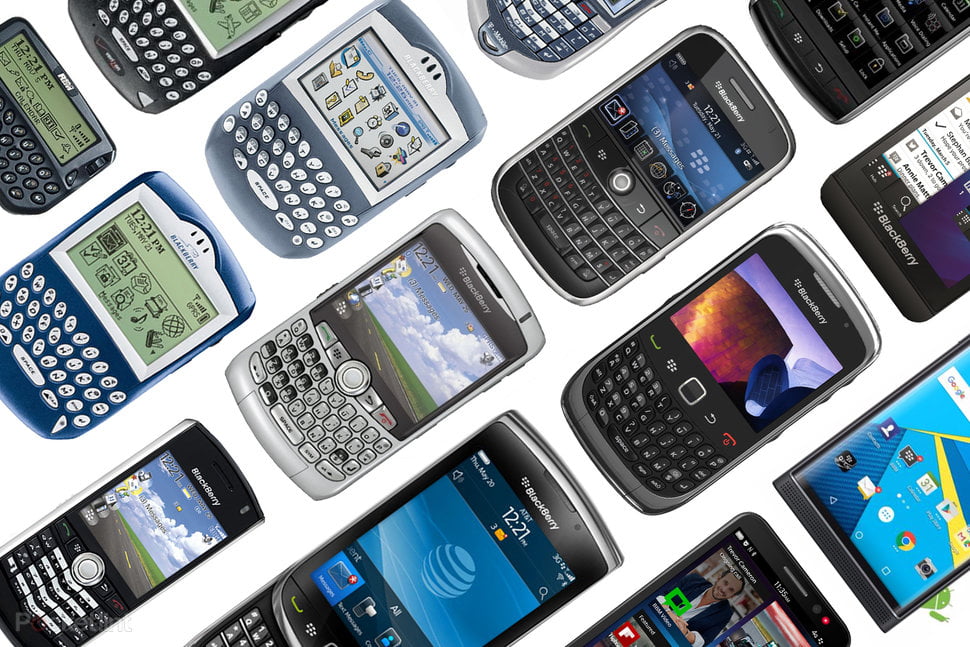On Wednesday, BlackBerry announced that it will no longer make smartphones on its own and that it has decided to outsource its future hardware products to its partners. Ralph Pini, the head of the Canadian company’s device team, was interviewed recently and he detailed what the future holds for BlackBerry.
Pini, who joined BlackBerry in 2012, became the device head of the company back in May. He was given the daunting task of developing and promoting BlackBerry’s smartphones in a market that’s already being dominated by Google’s Android phones and Apple’s iPhone. Unfortunately, five months after Pini’s promotion to device head, the company’s CEO announced that they would no longer be making smartphones internally.
“The company plans to end all internal hardware development and will outsource that functions to partners,” BlackBerry CEO John Chen said in a statement. “This allows us to reduce capital requirements and enhance return on invested capital.”
Pini said that BlackBerry’s plans to halt hardware development internally was already in the works even before he was considered to be the head of the device team, he revealed in an interview with TechCrunch. The phone maker has been struggling to compete with other companies like Apple and Samsung for the last few years which prompted it to do something different in 2015.
The company made headlines last year for releasing the Priv, its first smartphone running Google’s Android mobile OS. Then, just last month, BlackBerry followed it up with another Android handset, the DTEK50. Pini revealed that the DTEK50 was actually part of its plans on transitioning to outsourcing its hardware products.
“It was manufactured by one of our partners,” Pini told TechCrunch. “We did the sales and distribution through the traditional channels. The next step is to grow the agreements that we have with these partners, to expand and license both our brand and our software.”
Although BlackBerry’s new role seems a bit vague at this point, it’s clear that the company will simply be licensing its hardware/software to its partners, while also serving as advisors. Pini revealed that BlackBerry won’t be partnering with phone makers with big names and will instead partner with “second- and third-tier” phone makers.
What remains unclear however is whether the company’s hardware will continue to live on in the United States through its partners. “There will be continuity in the marketplace,” Pini said when asked about their products in the US. Meanwhile, in Indonesia, BlackBerry made its first licensing deal with BB Merah Putih.
[SOURCE:-IBT]



